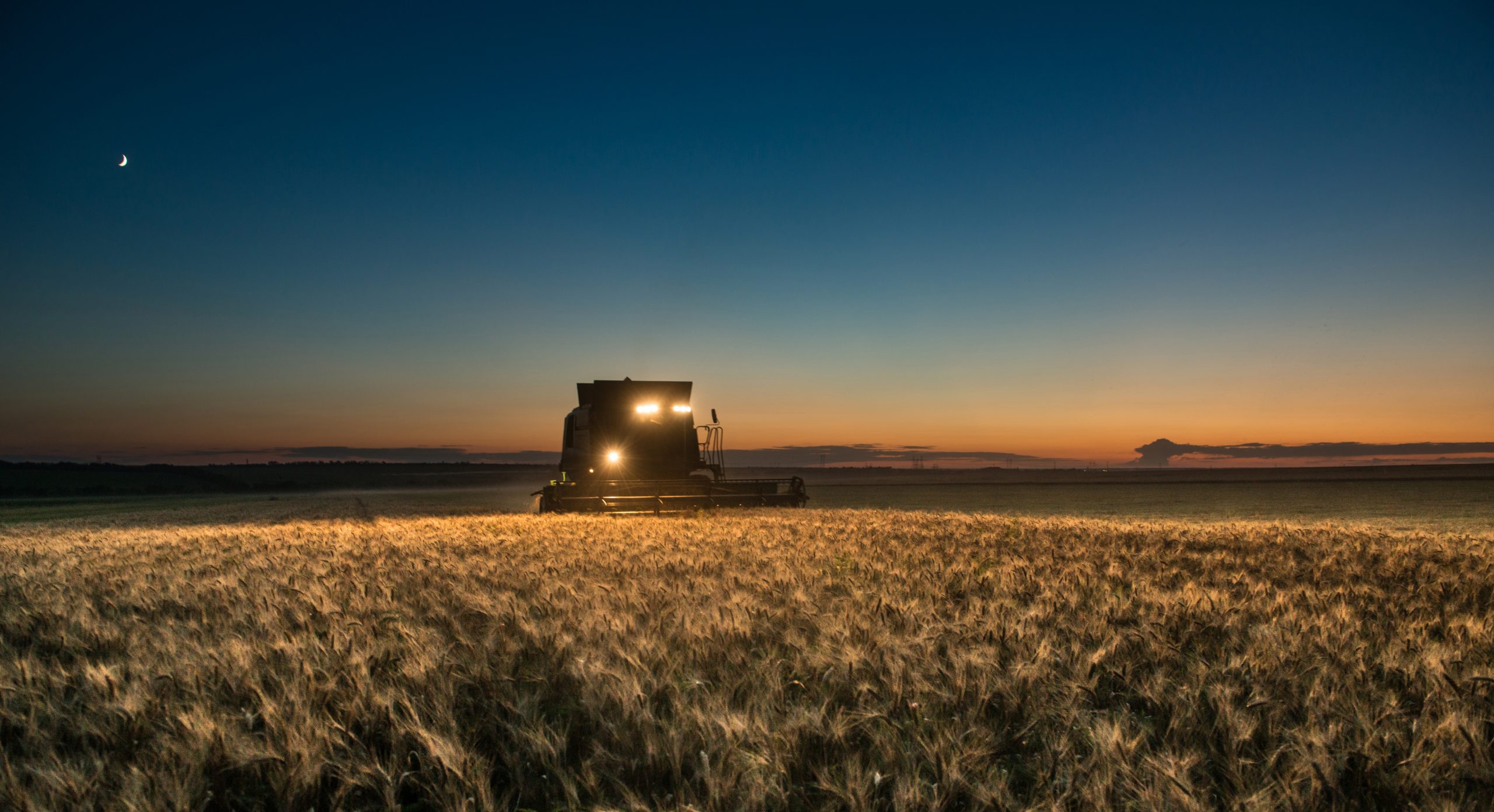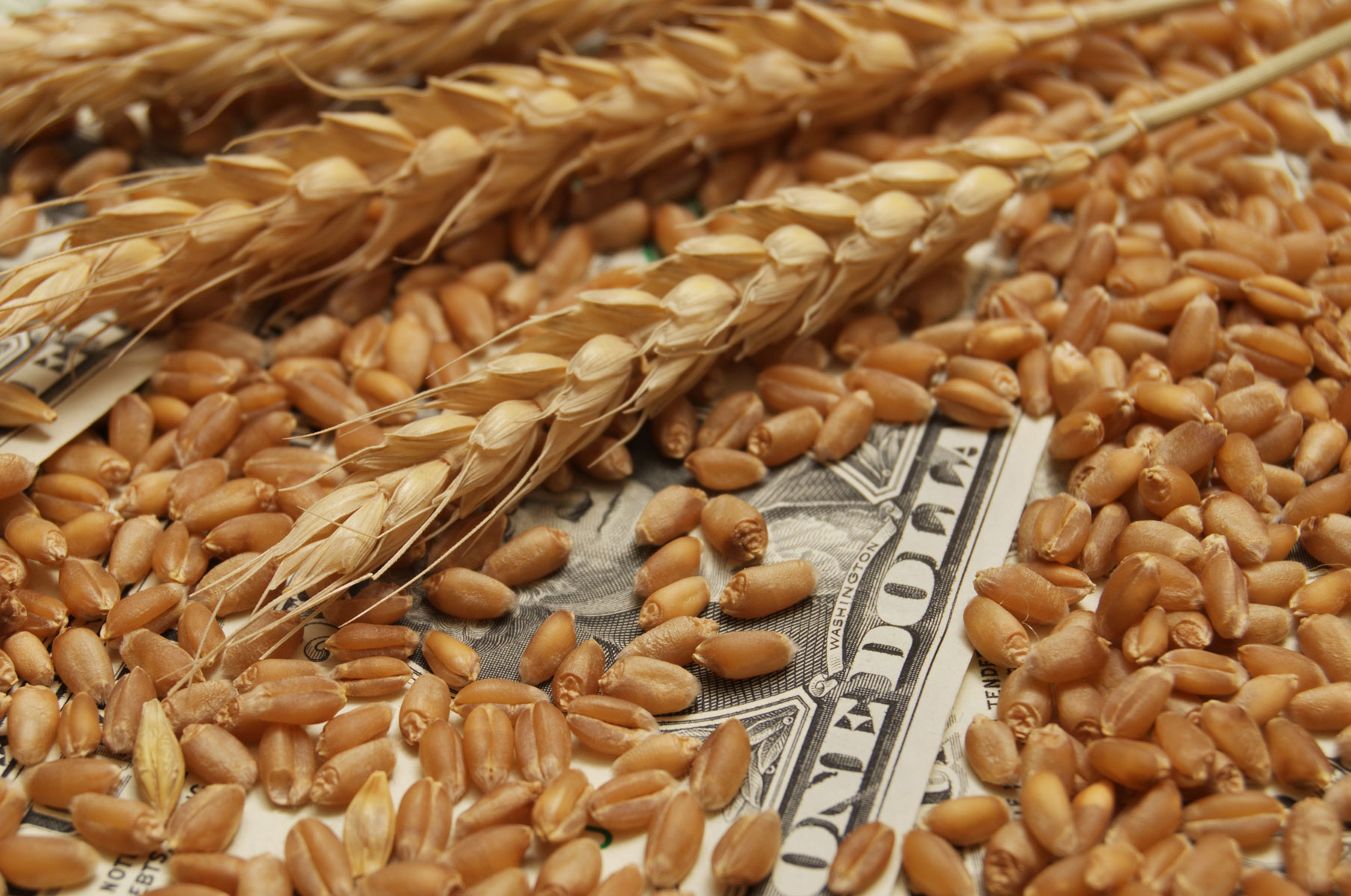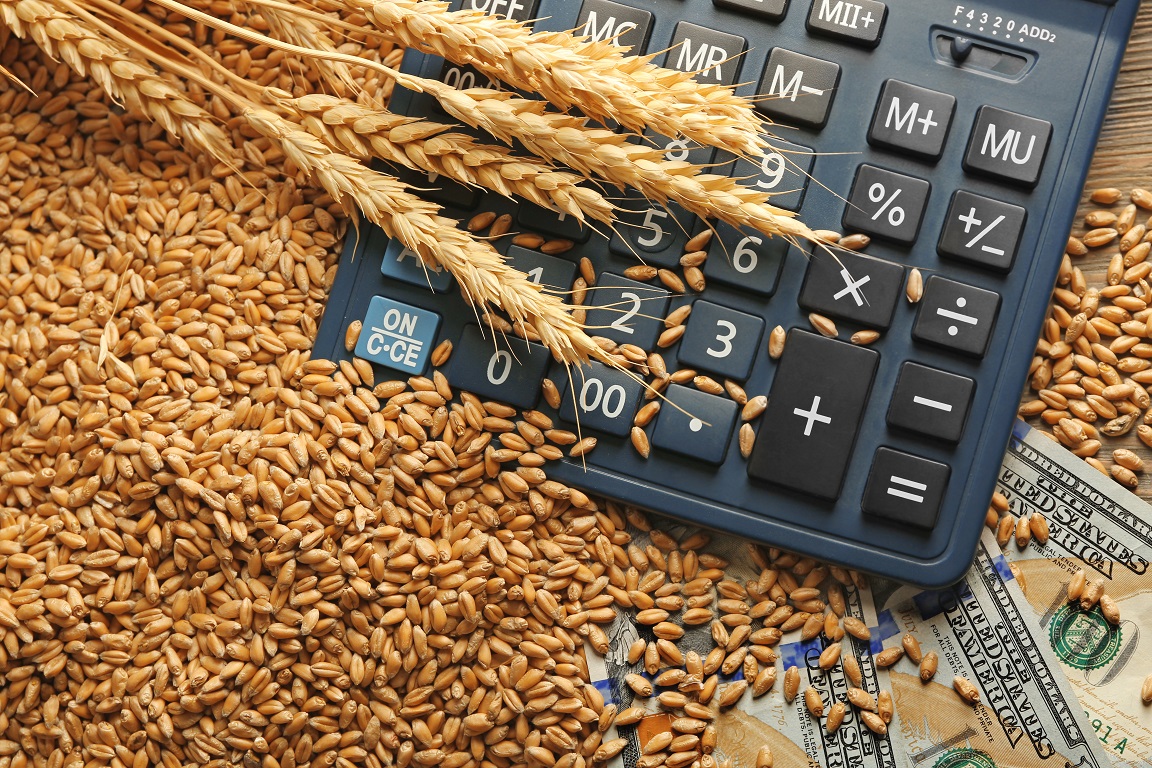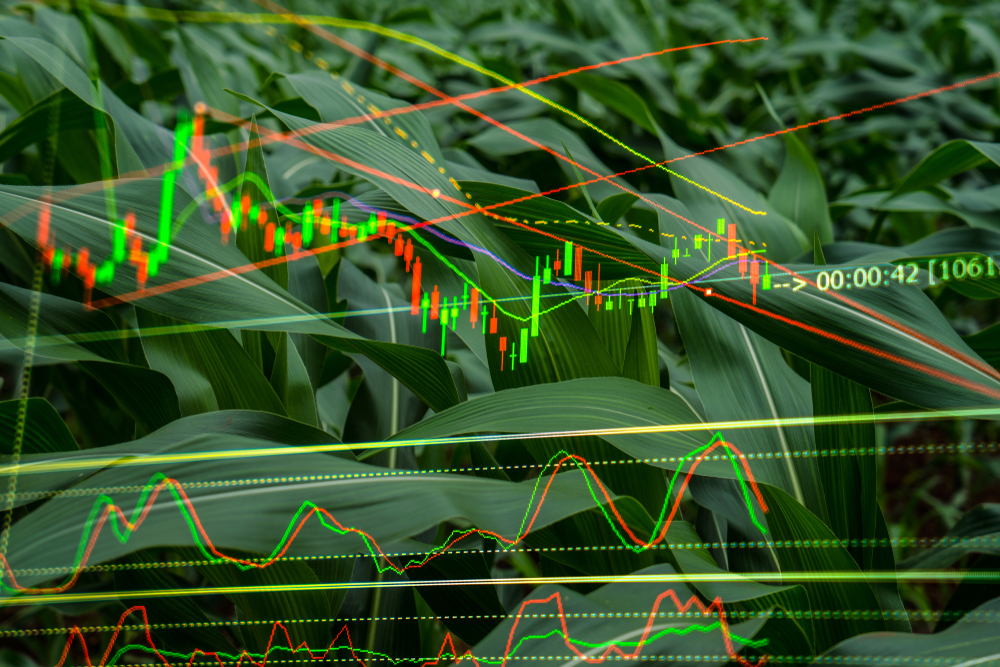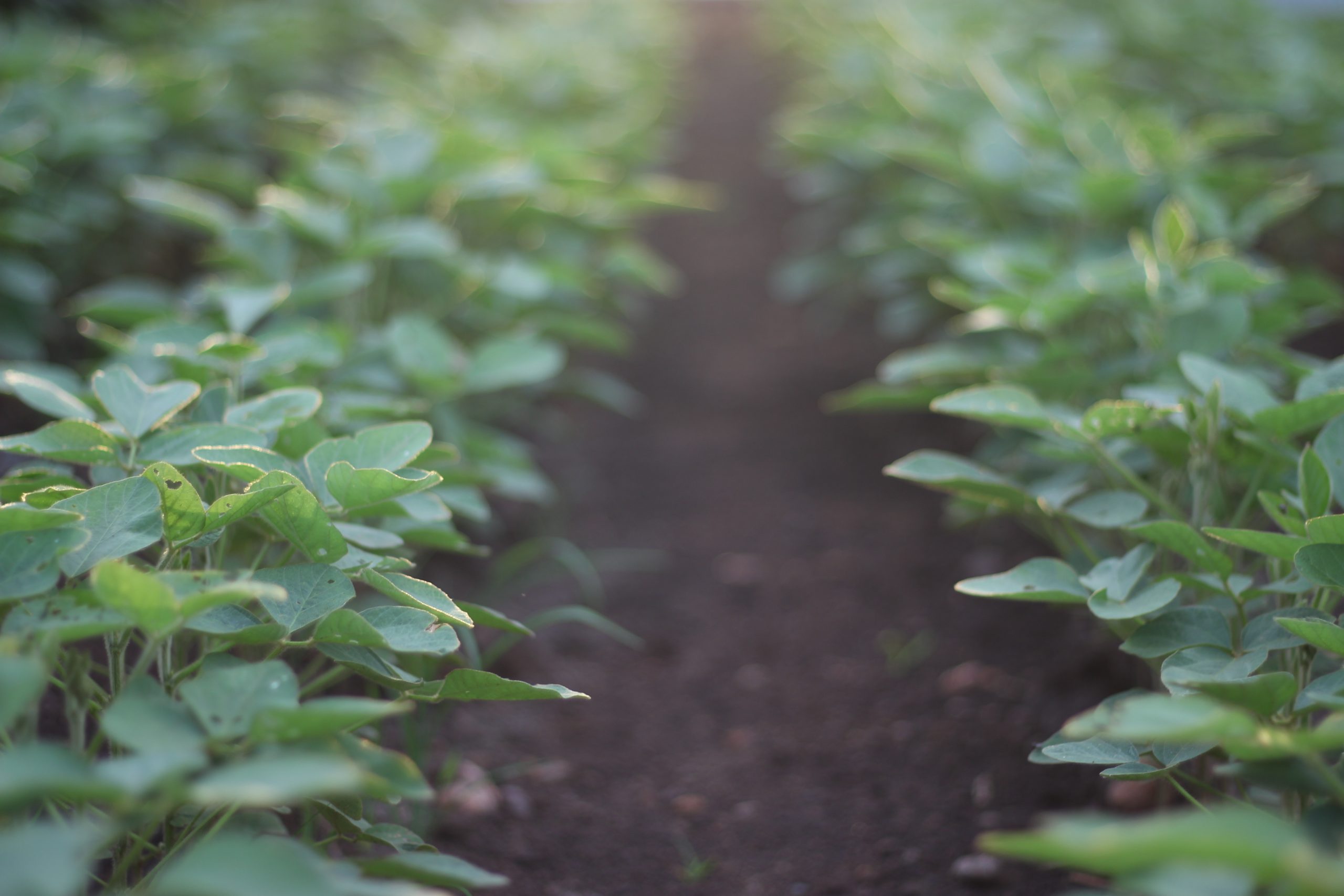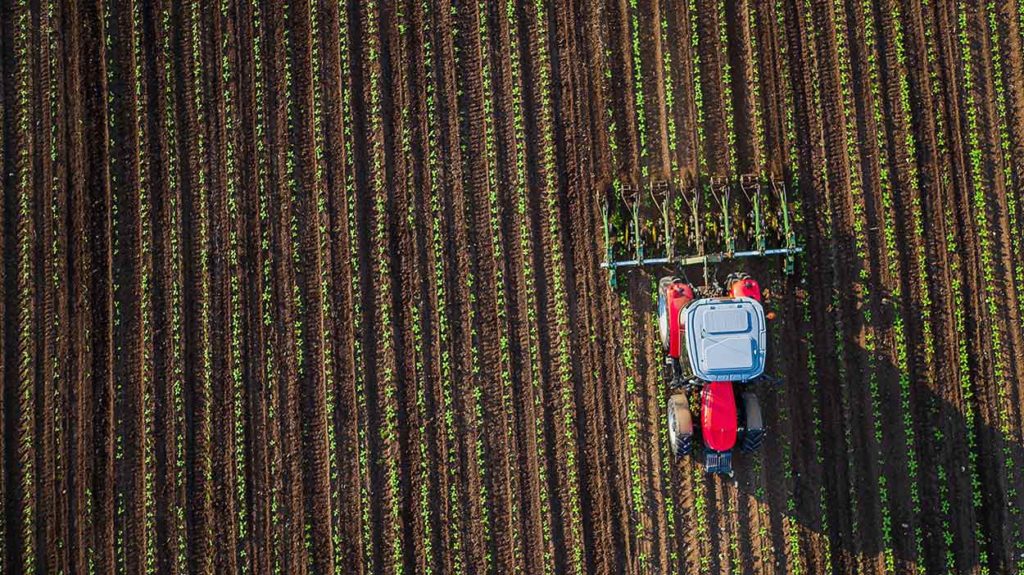- Published On: April 27, 2020
- Author: Steve Sinkula
With COVID-19 causing conventional corn and soybean prices to fall, organic farmers may be wondering how the pandemic is going to affect their marketing plans.
Currently, organic corn prices are down because of strong production in 2019 and higher imports. Prices for organic soybeans, on the other hand, have risen due to a decrease in domestic production, along with delayed imports from countries like India and Argentina.
While every industry is facing some uncertainty at this point, we expect the organic market to be stable, for a couple of reasons:
Consumers eating at home has driven demand for organic snack foods
The demand for organic snack food was already strong before the pandemic, as it had increased more than 120% in the last two years. While the demand may level off from what we’ve seen in these first weeks of social distancing, we still expect it to continue rising the rest of 2020.
Demand for organic protein continues to be strong
Most organic corn and soybeans produced in the Midwest go to chicken feed, and we’ve seen demand for organic protein experience strong growth in the last couple of years.
There are some risks organic farmers may face. While logistics is relatively unaffected at this point, there could be some minor challenges in the future with interstate travel. We’re also seeing some meat processing plants shutting down because of the coronavirus, which could cause these mills to reduce their volume.
But we believe counterparty risks are still relatively low at this moment. While there’s always a possibility a buyer may not be able to follow through, if you did your research to find a reputable and established buyer, we don’t think you should worry at this point about who you’re delivering to.
Moving forward, there are some steps you can take to put yourself in a better position for marketing your crops during this time.
3 steps for marketing your crops during COVID-19
1 – If you have nothing sold for 2020, get something on the books.
We understand right now that corn prices are lower than what you’re used to and you may be tempted to wait until you see $9 again. But if we have a great year for domestic production, prices are unlikely to see a significant rebound. Instead of waiting to sell right at harvest, we recommend you market some of your grains now, and then pay attention to opportunities throughout the planting season and into the summer.
2 – Do some forward contracting for 2021.
We advise you get some of your 2021 product marketed starting late this summer into early fall.
Unlike conventional farming, we can’t see what crops are selling for in the future, so you’ll want to reduce your risk where you can. This doesn’t mean you need to sell all of your crop in advance — you should still have some options and diversity in your marketing. But while prices may be lower than the forward contracts you’ve had in the past, if you have an opportunity to lock in profit, take it.
3 – Work with an advisor.
As we’ve discussed in a previous blog post, the organic marketplace is already very opaque under normal circumstances and can be challenging for farmers who are trying to market their crop on their own. With the uncertainty and possible disruptions that may occur from COVID-19, working with an advisor can be even more beneficial to learn about the best opportunities for your crops.
When you work with an advisor like AgriSecure, you get the perspective of the broker market, where the need is, where the grain is moving, and what disruptions there are in the supply chain.
For instance, we recently talked to a merchandiser for a soybean facility and learned they were no longer receiving a shipment from India because of COVID-19. They were concerned they weren’t going to have enough soybeans to mill. When an advisor can receive such valuable information and follow-up with insights for your farm, it can have a big impact on your marketing.
Marketing can be even more challenging for organic farmers because often you’ll need to make decisions when you’re in the thick of the growing season. By the time you may learn about a good opportunity, it could be too late for you to act on it. Not only does working an advisor help you lock in the best price possible, it also ensures you’re free to focus on the work you do best: farming.
Organics still a strong opportunity
While prices may be depressed and the future remains uncertain, it’s still a good time to be an organic farmer.
At the moment, we (unfortunately) don’t see a lot of profit opportunities on the conventional side. But profit margins for organics can remain attractive when you run your operation as efficiently as possible and build a strong APH history to create an attractive Break-Even Calculator. We also have an Organic Profit Calculator to help you discover the potential long-term revenue and profits you could generate from organics.
By making even marginal improvements, especially with yield, you can enhance your revenues and margins. We think there’s still a compelling opportunity to transition to organics or evaluate ways to optimize current organic farms, both in the short-term and for years to come.
By Dahn Clemens, AgriSecure Organic Grain Marketing Advisor
Take control of your farm and your future.
Schedule an organic consultation today.
AgriSecure can help. If you need guidance on your marketing plans, call us. We can also show you how to enhance the efficiency and profitability of your farm.
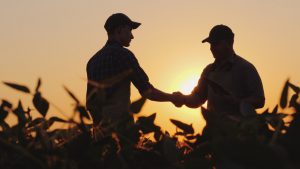
Related Articles
-
Imports Have an Impact on Organic Crop Prices: Here’s Why
Organic soybean prices are skyrocketing. The Jacobsen reported that prices were up to $32 per bushel in the Midwest in May 2021. What’s behind this impact on organic crop prices? And why aren’t organic corn premiums keeping up? In short: it’s all about supply and demand, especially imports, says David Becker. David is an analyst […]
-
New Options Offer Farm Loans for Organic Transition
If securing farm loans for organic transition feels daunting, we have some good news. It’s not as hard as it used to be. In fact, there’s a number of new options that could provide a solution for you and your operation. Traditional lenders, farmland investors, non-profits, and even big food companies are starting to create […]
-
Organic Farming Loans Support Growers during Transition
Ask a farmer what’s keeping them from transitioning to organic row crops, and you may be surprised to hear a common answer. Finances. It’s often a struggle to find organic farming loans tailored to their needs. Yes, organics offer excellent premiums and can bring long-term profitability. But first you have to get through the 36-month […]
-
Organic Breakevens: What to Know and How to Calculate
If you’re thinking about organics, you’ve probably debated whether it’s going to pay off — literally. Yes, the price premiums are good, but you’ve heard your yields will take a hit. How can you predict profitability? The answer: calculating your organic breakevens. What are an organic breakevens? Simply put, it’s a way to calculate what […]
-
Know Your Numbers to Push Crop Profitability
Yield is often the top priority in farming. The truth, though, is that the highest yields will not necessarily result in the highest ROI. And this is especially the case for organic production. We know good execution results in the best yields, but the best way to maximize your crop profitability is to know your […]
-
6 Ways to Protect Organic Profits in Uncertain Times
Economic uncertainty hits all sectors of the agriculture industry, including organics. The good news? It’s possible to safeguard your organic profits. For a start, it’s even more important for organic farmers to focus on executing their operations really well. The better the execution, the better you can weather the market conditions and remain profitable. Here […]
-
5 Steps for Financing the Transition to Organics
Profits. They’re one of the primary reasons farmers decide to move into organic production. Financing the transition to organics, though, can be one of your biggest hurdles. That’s why the support of a banker or ag lender can be a lifeline for farmers looking to get into organics. The right backing helps you build an […]
-
4 Keys to a Strong Organic Fertilizer Strategy
Questions about an organic fertilizer strategy are common in organic farming. How do I provide enough nutrients? In particular, nitrogen. How do I manage my crop and soil without using synthetic fertilizers? Fertilizer can come from a variety of organic sources, including animal waste, decomposing plants, and nitrogen-fixing crops like soybeans and clover. So it’s […]
-
Consider Organic Farming? Yes.
With so much economic uncertainty caused by the COVID-19 pandemic, you may be wondering: Is now the right time to transition into organic crop production? Is this the right time to increase the number of organic acres you’re already farming? My answer, yes. Current market conditions, falling commodity prices for conventional crops and somewhat lower […]
-
80 Million Millennials Can’t Be Wrong: Farmer Panel
80 million millennials are a part of the driving force behind the rapid growth of organic food demand. So why aren’t more farmers transitioning into a system that sees premiums of 2x over conventional and profitable margins? In a panel that took place at FBN’s Farmer2Farmer V event, AgriSecure co-founder and organic farmer Bryce Irlbeck […]
Get in the know
Our newsletter, it’s a quick read. You’ll get industry news plus all the latest organic insights. Who doesn’t want that?
